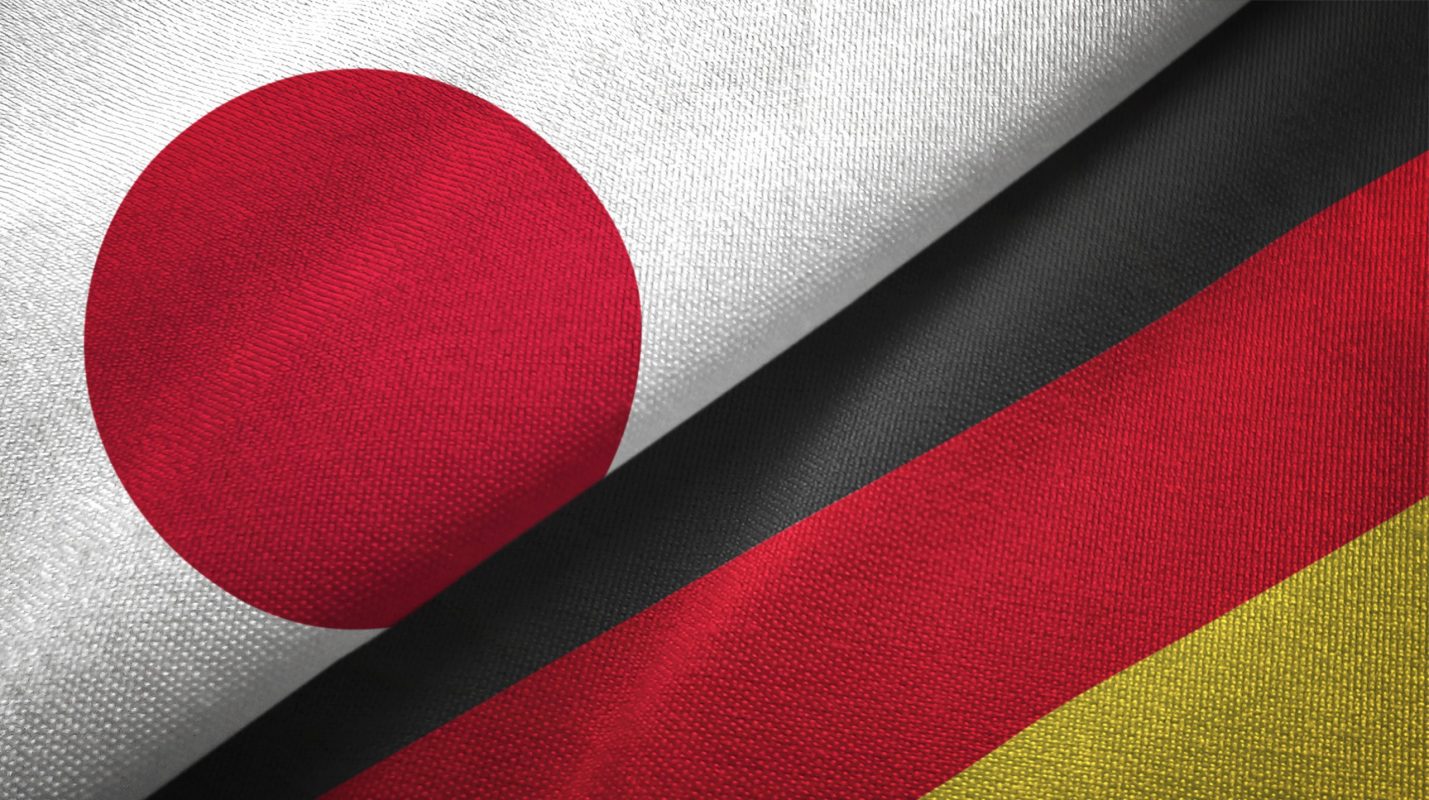The Asian country is considered a pioneer in the diversification of raw materials and energy supply.
Germany and Japan want to cooperate more closely politically and economically and intensify their exchange. This is the result of the first government consultations between the two countries, for which German Chancellor Olaf Scholz traveled overseas with a large part of his cabinet on Friday.
As we reported, resilient supply chains were a core topic – Japan is considered a leader in this area, even establishing the world’s first Ministry of Economic Security in 2021. The Federal Republic of Germany, which just like the island nation is heavily dependent on raw material and energy imports, but has only just begun its diversification strategy, intends to follow the Japanese example in some areas. To secure supply chains, the state-run Japan Organization for Metals and Energy Security (JOGMEC) and the German Federal Institute for Geosciences and Natural Resources (BGR) will intensify their technological exchange.
Regarding possible cooperation between German and Japanese companies and joint investment in raw materials exploration, Scholz advocated promoting not only mining in different countries but also initial on-site processing. To date, China has 80 to 90 percent of the world’s rare earth processing capacity.
Germany and Japan also want to collaborate in the strategically important areas of the hydrogen economy, renewable energies, semiconductors and batteries.
Scholz: Expand partnerships in Asia outside China as well
The government consultations mark a certain realignment in Germany’s foreign policy in Asia, as the focus has so far been on China. The People’s Republic remains an important partner, but is at the same time a competitor and systemic rival, Scholz told the Japanese newspaper Nikkei, so relations with other partners in Asia will be expanded. He is convinced that the future world order will be multipolar and that it is necessary to adapt to this.
Japan is Germany’s second-largest trading partner in Asia after China, with a bilateral trade volume of 45.7 billion euros. A free trade agreement has been in place with the EU since 2019. Economic security will also be a key topic at the G7 meetings, which will be chaired by Japan this year, Kishida and Scholz announced at the joint press conference.
Photo: iStock/Oleksii Liskonih


